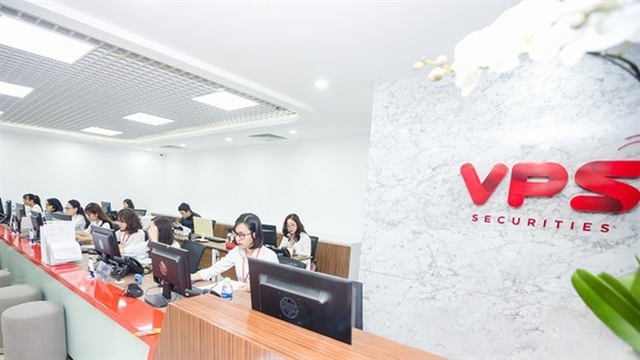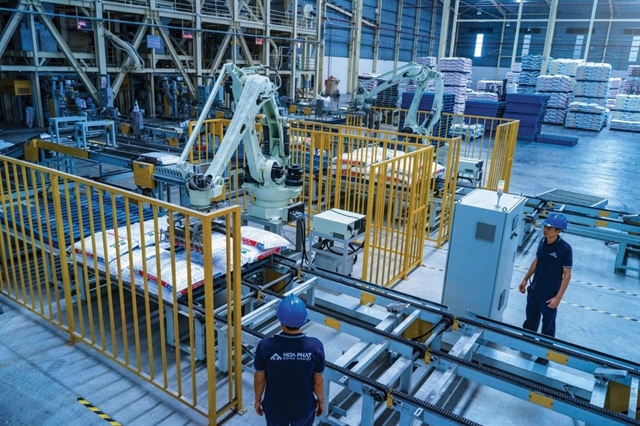Vinapharm yet to shine after equitisation
Vinapharm yet to shine after equitisation
Despite receiving strong financial support from leading local banks and having valuable land plots, the performance of Vinapharm—a state-owned pharmaceutical corporation—has not improved much throughout over one year of equitisation.
Vinapharm (DVN) has published its consolidated financial report for the fourth quarter of 2017. Accordingly, the firm’s net revenues reached VND1.844 trillion ($83.8 million), while its net profit hit VND66.6 billion ($3.02 million).
As a result, the company made a total revenue of VND6.8 trillion ($309.09 million) and total net profit of VND255.6 billion ($11.6 million) in the first fiscal year after its equitisation (from December 8, 2016 to December 31, 2017).
The figures marked an on-year rise of 12.65 per cent in revenue, but a significant fall in profit compared to the VND662 billion ($30.09 million) in 2016.
By the end of 2017, inventory increased to VND1.6 trillion ($72.72 million). Total assets hit nearly VND6.4 trillion ($290.9 million) and total equity was VND2.52 trillion ($115.45 million).
Established in 1971, Vinapharm specialises in research and development and the production of pharmaceuticals and functional foods and medical equipment. DVN has four subsidiaries, including Codupha, Central Pharmaceutical CPC1.JSC, FORIPHARM, and Codupha Laos.
Vinapharm also invested in eight associated companies and has 14 long-term financial investments of nearly VND1.4 trillion ($63.6 million).
DVN also owns a total of 11,000 square metres of valuable land plots in Hanoi and Ho Chi Minh City
DVN has two major shareholders: the Ministry of Health (MoH) with 65 per cent and Viet Phuong Group with 17 per cent. In 2017, MoH's planned to divest 35 per cent of its stake in DVN, however, in 2018, the ministry plans to divest its entire stake.























